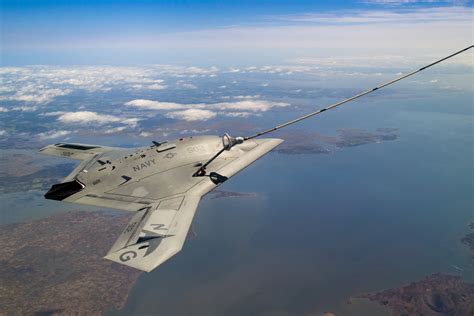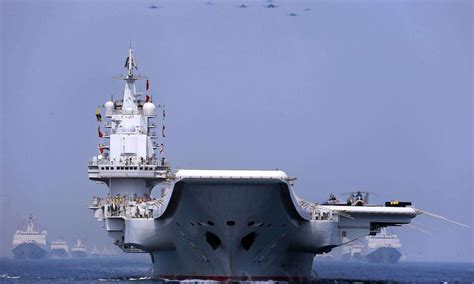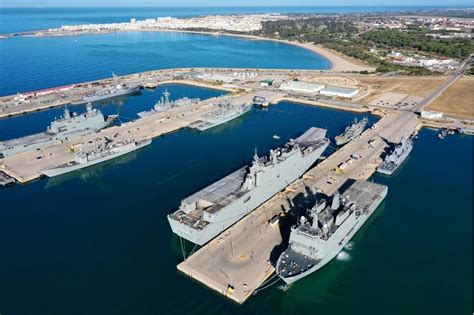WW2 Most Important Battles
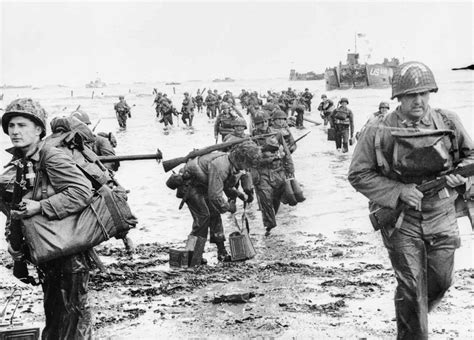
Introduction to WW2 Most Important Battles
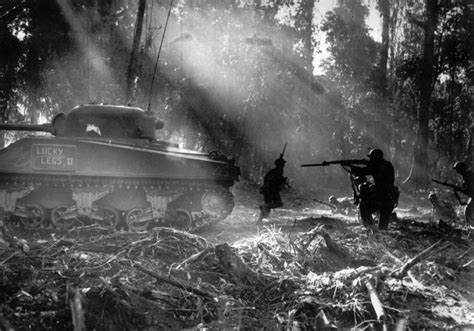
The Second World War was a global conflict that lasted from 1939 to 1945, involving most of the world’s nations, including all of the great powers, eventually forming two opposing military alliances: the Allies and the Axis. It was the most widespread war in history, with more than 100 million people from over 30 countries participating. The war was marked by significant battles that shaped the course of history. In this post, we will explore the most important battles of WW2, their significance, and their impact on the war’s outcome.
Major Battles in Europe
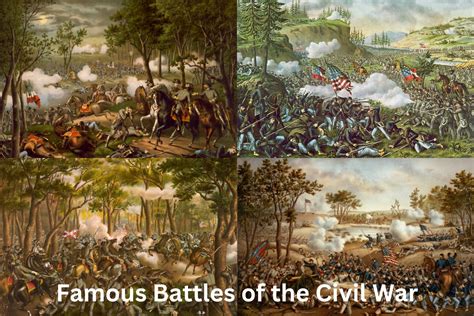
The European Theater was the main battleground of WW2, with several key battles taking place on the continent. Some of the most significant battles in Europe include: * The Battle of Britain: This was a pivotal air campaign fought between the Royal Air Force (RAF) and the German Air Force (Luftwaffe) in the summer of 1940. The battle was a decisive victory for the British, as they successfully defended their skies against the German bombing campaign. * The Battle of Stalingrad: This was a major turning point on the Eastern Front, as Soviet forces trapped and defeated the German Sixth Army in a brutal and bloody battle that lasted from August 1942 to February 1943. * The Battle of Normandy (D-Day): This was the largest seaborne invasion in history, as Allied forces landed on the beaches of Normandy on June 6, 1944. The successful landing marked a crucial turning point in the war, as it opened up a new front against Germany. * The Battle of Berlin: This was the final major battle in Europe, as Soviet forces captured the German capital in a fierce and intense battle that lasted from April 16 to May 2, 1945.
Major Battles in the Pacific
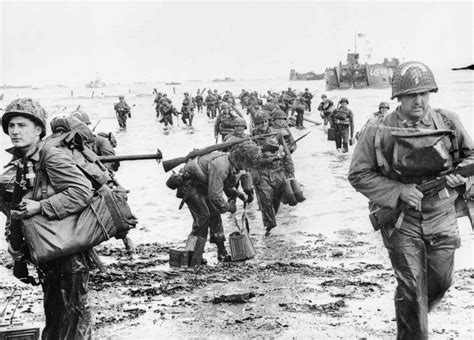
The Pacific Theater was another significant battleground of WW2, with several key battles taking place in the region. Some of the most significant battles in the Pacific include: * The Attack on Pearl Harbor: This was a surprise attack by the Japanese on the United States naval base at Pearl Harbor, Hawaii, on December 7, 1941. The attack drew the United States into the war and marked the beginning of the Pacific conflict. * The Battle of Midway: This was a decisive naval battle fought between the United States and Japan in June 1942. The battle was a turning point in the Pacific, as the United States successfully defended its territory and gained the upper hand against the Japanese. * The Battle of Guadalcanal: This was a brutal and bloody battle fought between the United States and Japan on the island of Guadalcanal from August 1942 to February 1943. The battle was a significant victory for the United States, as it marked the beginning of the end of Japanese expansion in the Pacific. * The Battle of Iwo Jima: This was a fierce and intense battle fought between the United States and Japan in February and March 1945. The battle was a significant victory for the United States, as it provided a crucial airbase for bombing raids against Japan.
Major Battles in Africa and the Middle East

The African and Middle Eastern Theaters were also significant battlegrounds of WW2, with several key battles taking place in the region. Some of the most significant battles in Africa and the Middle East include: * The Battle of El Alamein: This was a decisive battle fought between British and Commonwealth forces and the German and Italian armies in Egypt from October to November 1942. The battle was a significant victory for the British, as it marked the beginning of the end of Axis expansion in Africa. * The Battle of Tobruk: This was a significant battle fought between British and Commonwealth forces and the German and Italian armies in Libya from June to July 1942. The battle was a defeat for the British, as they were forced to surrender the strategic port city of Tobruk. * The Battle of Kasserine Pass: This was a significant battle fought between American and British forces and the German and Italian armies in Tunisia from February to March 1943. The battle was a defeat for the Allies, as they were forced to retreat from the Kasserine Pass.
📝 Note: The battles mentioned above were significant turning points in the war, but there were many other battles and skirmishes that took place throughout the conflict.
Tables of Major Battles
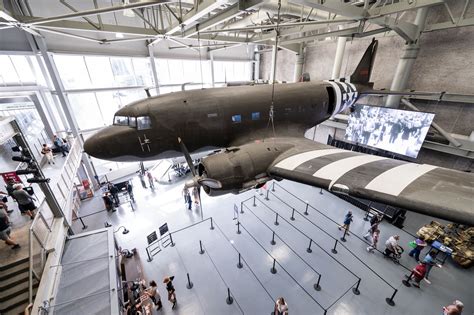
The following table summarizes some of the major battles of WW2:
| Battle | Date | Location | Outcome |
|---|---|---|---|
| Battle of Britain | July 10 - October 31, 1940 | United Kingdom | British victory |
| Battle of Stalingrad | August 23, 1942 - February 2, 1943 | Soviet Union | Soviet victory |
| Battle of Normandy (D-Day) | June 6, 1944 | France | Allied victory |
| Battle of Berlin | April 16 - May 2, 1945 | Germany | Soviet victory |
| Attack on Pearl Harbor | December 7, 1941 | Hawaii, USA | Japanese victory |
| Battle of Midway | June 4-7, 1942 | Pacific Ocean | US victory |
| Battle of Guadalcanal | August 7, 1942 - February 9, 1943 | Solomon Islands | US victory |
| Battle of Iwo Jima | February 19 - March 26, 1945 | Japan | US victory |
| Battle of El Alamein | October 23 - November 5, 1942 | Egypt | British victory |
| Battle of Tobruk | June 20-21, 1942 | Libya | Axis victory |
| Battle of Kasserine Pass | February 19-24, 1943 | Tunisia | Axis victory |
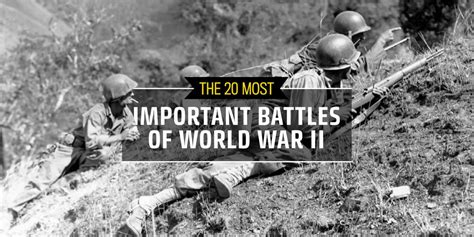
In summary, the battles of WW2 were significant turning points in the conflict, shaping the course of history and ultimately leading to the defeat of the Axis powers. The battles mentioned above were crucial in determining the outcome of the war, and their impact is still felt today.
The war in Europe was marked by significant battles such as the Battle of Britain, the Battle of Stalingrad, and the Battle of Normandy, which ultimately led to the defeat of Germany. The war in the Pacific was marked by significant battles such as the Attack on Pearl Harbor, the Battle of Midway, and the Battle of Iwo Jima, which ultimately led to the defeat of Japan. The battles in Africa and the Middle East, such as the Battle of El Alamein and the Battle of Tobruk, were also significant in shaping the course of the war.
Overall, the battles of WW2 were a testament to the bravery and sacrifice of the soldiers who fought in them, and their legacy continues to shape the world we live in today.
What were the main causes of WW2?
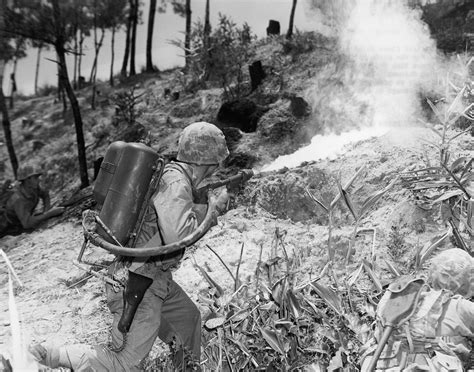
+
The main causes of WW2 were the rise of Nazi Germany, the policy of appeasement, and the German invasion of Poland. Additionally, the Treaty of Versailles, which ended WW1, imposed harsh penalties on Germany, leading to widespread resentment and a desire for revenge.
Who were the main leaders of the Axis powers?
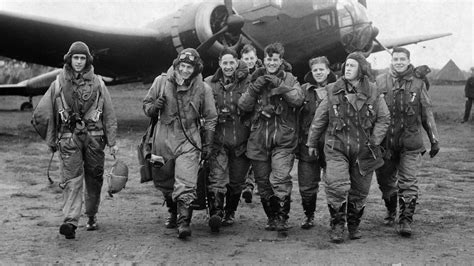
+
The main leaders of the Axis powers were Adolf Hitler of Germany, Benito Mussolini of Italy, and Hirohito of Japan. These leaders played a significant role in shaping the course of the war and ultimately led to the defeat of the Axis powers.
What was the significance of the Battle of Stalingrad?
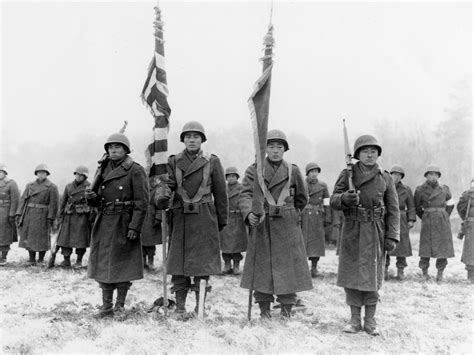
+
The Battle of Stalingrad was a significant turning point in the war on the Eastern Front, as it marked a major defeat for the German army and led to a significant shift in momentum in favor of the Soviet Union. The battle was also one of the bloodiest in the history of warfare, with over 1 million casualties on both sides.
What was the impact of the Battle of Midway on the war in the Pacific?
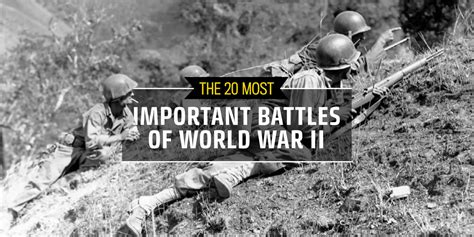
+
The Battle of Midway was a decisive victory for the United States, as it prevented a potential Japanese invasion of the Hawaiian Islands and led to a significant shift in momentum in favor of the United States. The battle also marked a turning point in the war, as it prevented the Japanese from expanding their territory further and ultimately led to their defeat.
What were the main consequences of WW2?
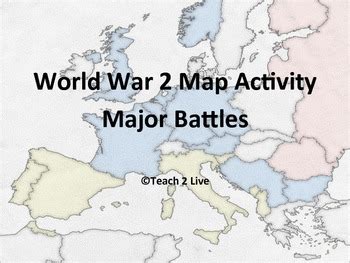
+
The main consequences of WW2 were the defeat of the Axis powers, the formation of the United Nations, and the emergence of the United States and the Soviet Union as superpowers. The war also led to the formation of the European Union, the division of Europe into Eastern and Western blocs, and the Cold War. Additionally, the war resulted in the loss of millions of lives, widespread destruction, and a significant impact on the global economy.
